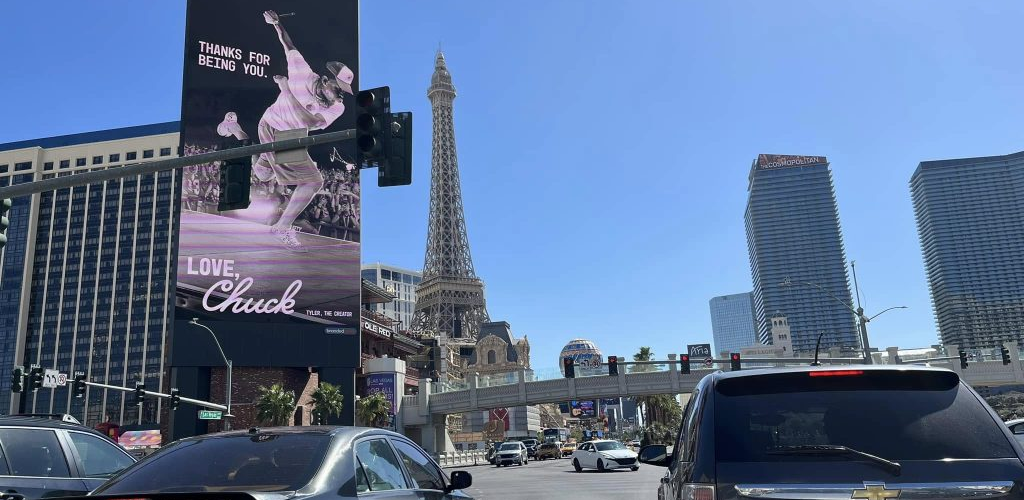2025 Las Vegas tourist numbers are down significantly compared with last year.
Current premium viewers: 446
The Las Vegas Convention and Visitors Authority (LVCVA) has reported that the number of visitors to Sin City has decreased by nearly eight percent.
According to LVCVA, in March of this year, Las Vegas received 3.39 million visitors – a significant decline from 3.68 million in February, representing a drop of 7.8 percent.
Additionally, midweek hotel occupancy fell by 2.4 percent, with hotels being 82.9 percent occupied in March, compared to 85.3 percent in March 2024, despite over half a million attendees at conferences in the city. On weekends, hotel occupancy decreased by one percent.
But despite the downturn, hotel prices on the Las Vegas Strip have increased by 3.9% in comparison with 2024.
In March, the average daily rate for a room on the Strip reached $196.16, reflecting a 3.9% increase from the previous year’s rate of $188.75.
Conversely, downtown Las Vegas experienced a slight decrease in room rates, with an average of $100.31 compared to $100.97 a year prior.
Downtown casinos had a successful month in March; however, hotel occupancy stood at only 70%, significantly lower than the Strip’s occupancy rate of 85.8%.
Las Vegas casinos reported a five-percent decline over the past year, while the statewide figure stands at 1.1 percent.
According to the LVCVA, vehicle counts at the Nevada-California border on I-15 showed a 3.1% decrease in automobile traffic.
The Clark County Department of Aviation has also reported a 3.9% decline in the number of passenger arrivals and departures at Las Vegas’s Harry Reid International Airport.
The decline in Sin City’s tourism seems to be a direct result of the ‘Trump slump’ with many foreign visitors avoiding travel to the United States due to concerns over potential entry refusal and/or deportation.
General unease caused by President Trump’s public statements and policies, including the implementation of tariffs, has apparently also had an adverse effect on the number of visitors.
A recent report from Bloomberg suggested that a reduction in international travel may result in a loss of approximately $90 billion for the U.S. economy, according to a ‘worst-case scenario’ provided by Goldman Sachs Group Inc.







